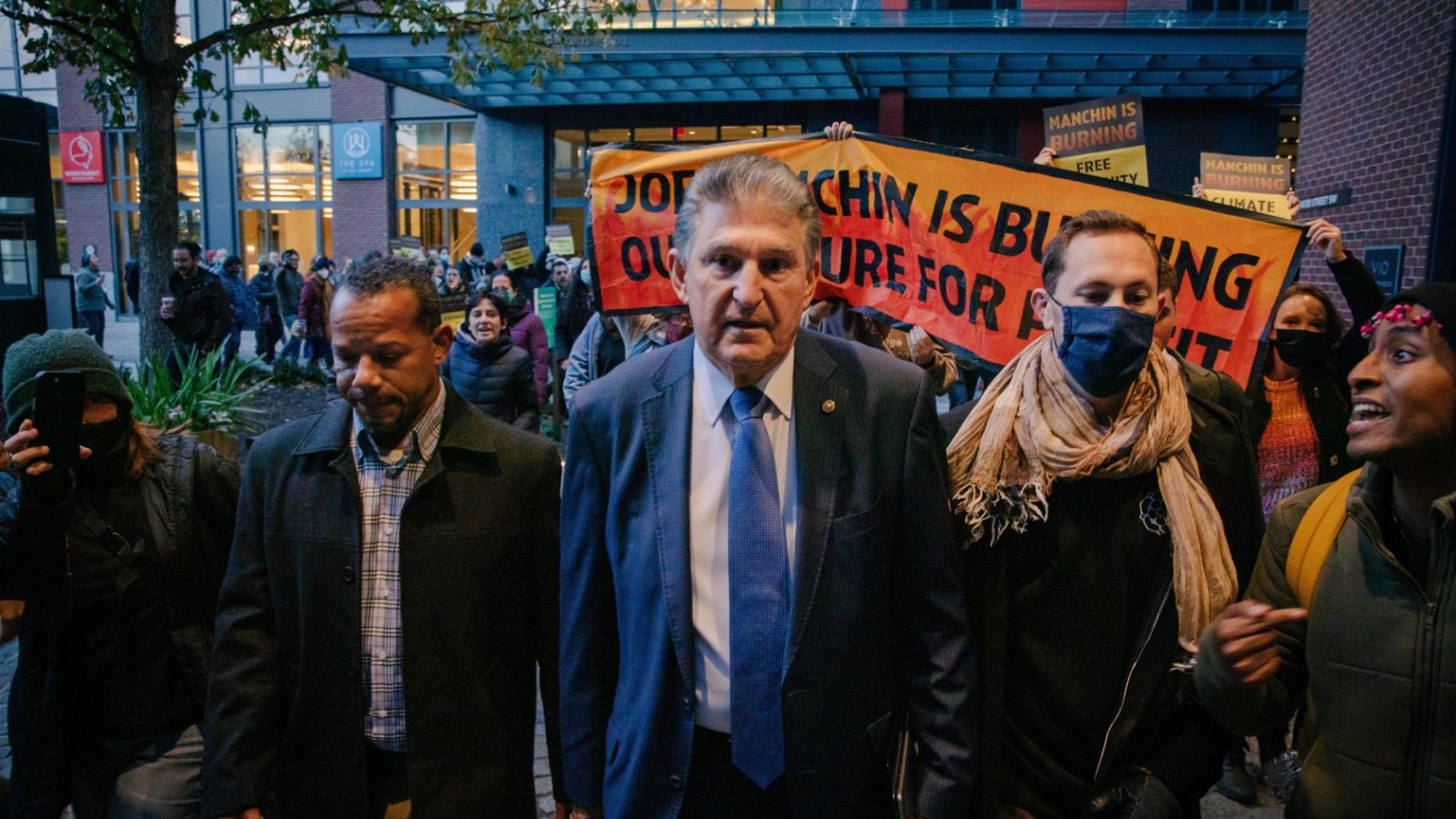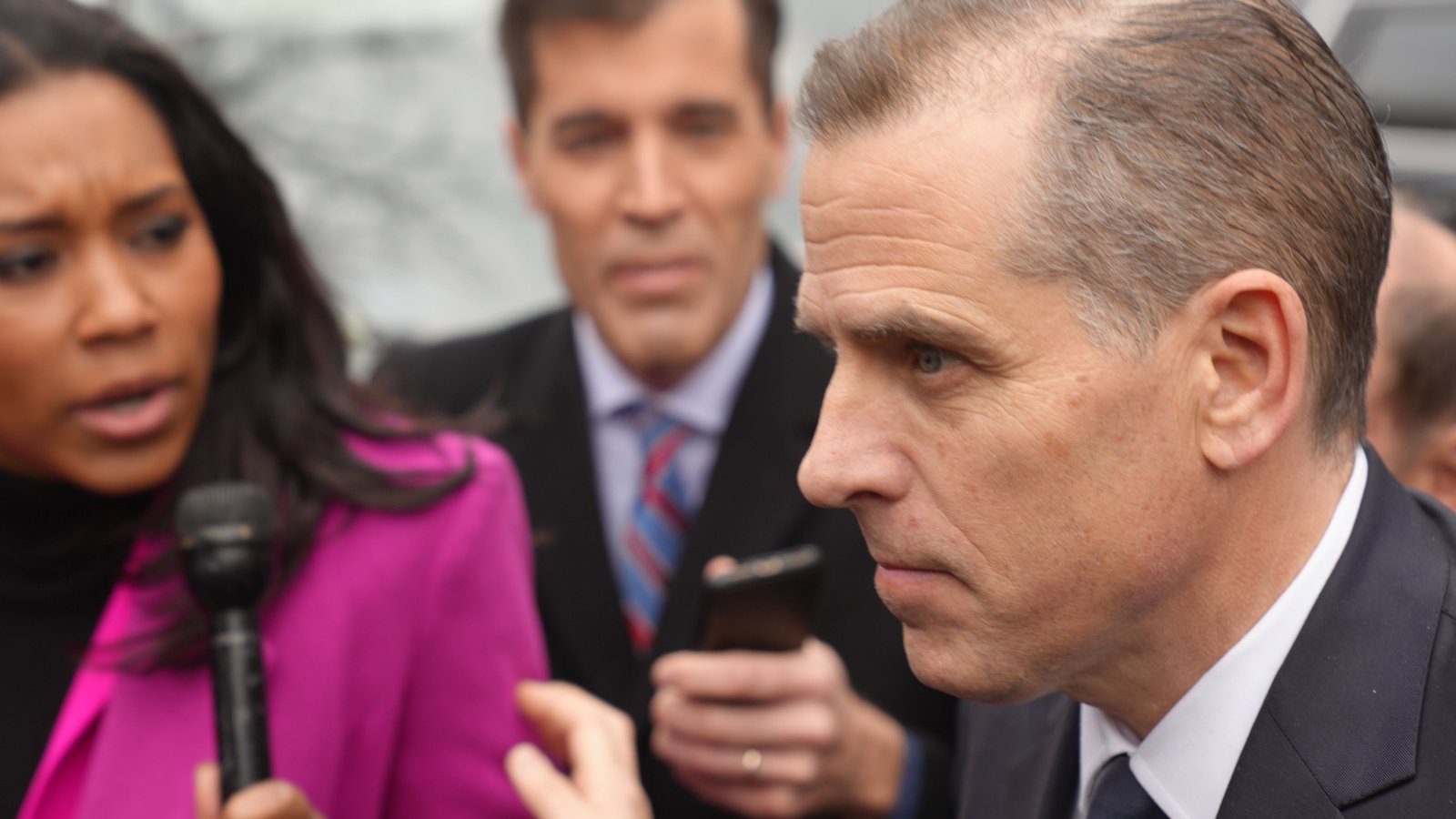Democratic Senator Joe Manchin stunned many when he announced legislation to overturn President Joe Biden’s recent rule changing the permitting process for projects that will impact the environment.
Manchin, Chairman of the Senate Energy Committee, introduced a Congressional Review Act (CRA) bill in response to a Biden Administration action that counteracts a previously agreed upon bipartisan permitting process established in the Fiscal Responsibility Act. Critics of the Administration rule claim that the change will benefit green projects while stalling and denying permits for projects involving fossil fuels and public works.
Background of the Resolution
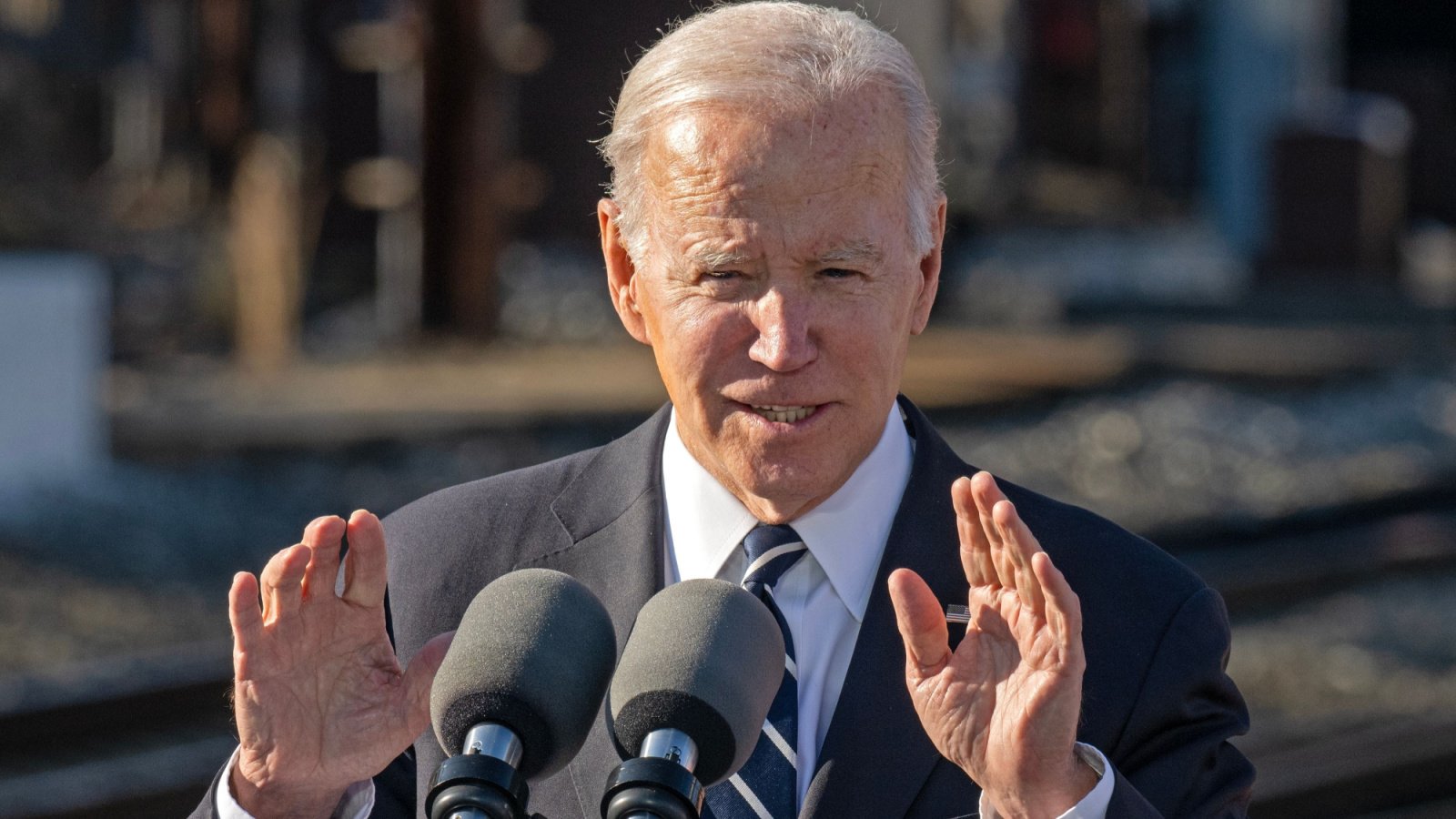
Recently, the Biden Administration introduced a proposed change to permitting process for energy development. Specifically, the change will alter the review process under the National Environmental Protection Act. This is a controversial move, as the new rule differs from a previously agreed upon framework for energy production.
Manchin’s Criticism
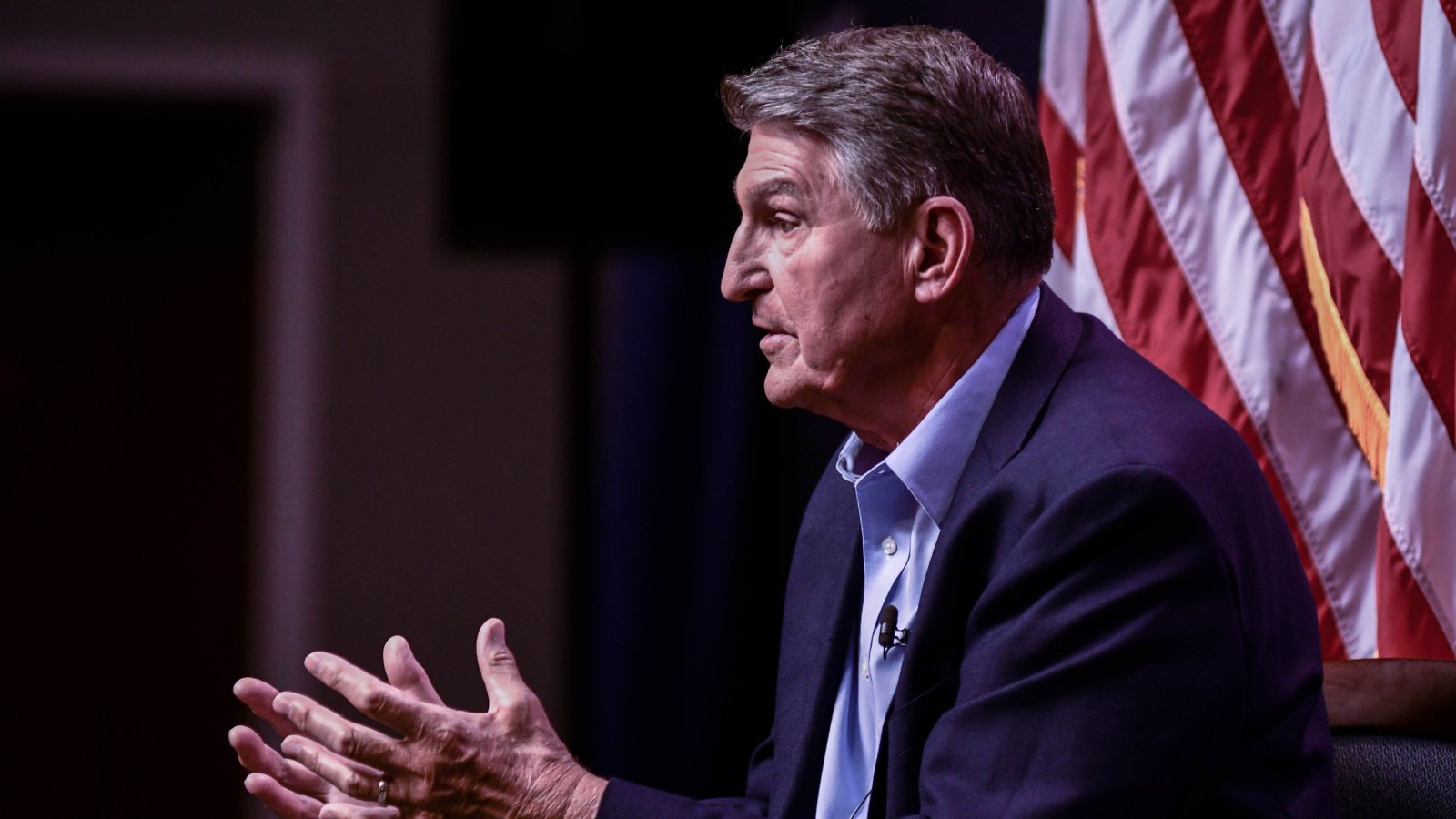
After a hard-fought agreement in the Fiscal Responsibility Act, Manchin and others are upset that the White House walked back from the implementation of the deal in favor of its own agenda. Manchin and conservatives view the White House position as far-reaching and radical in scope.
Purpose of Manchin’s Resolution
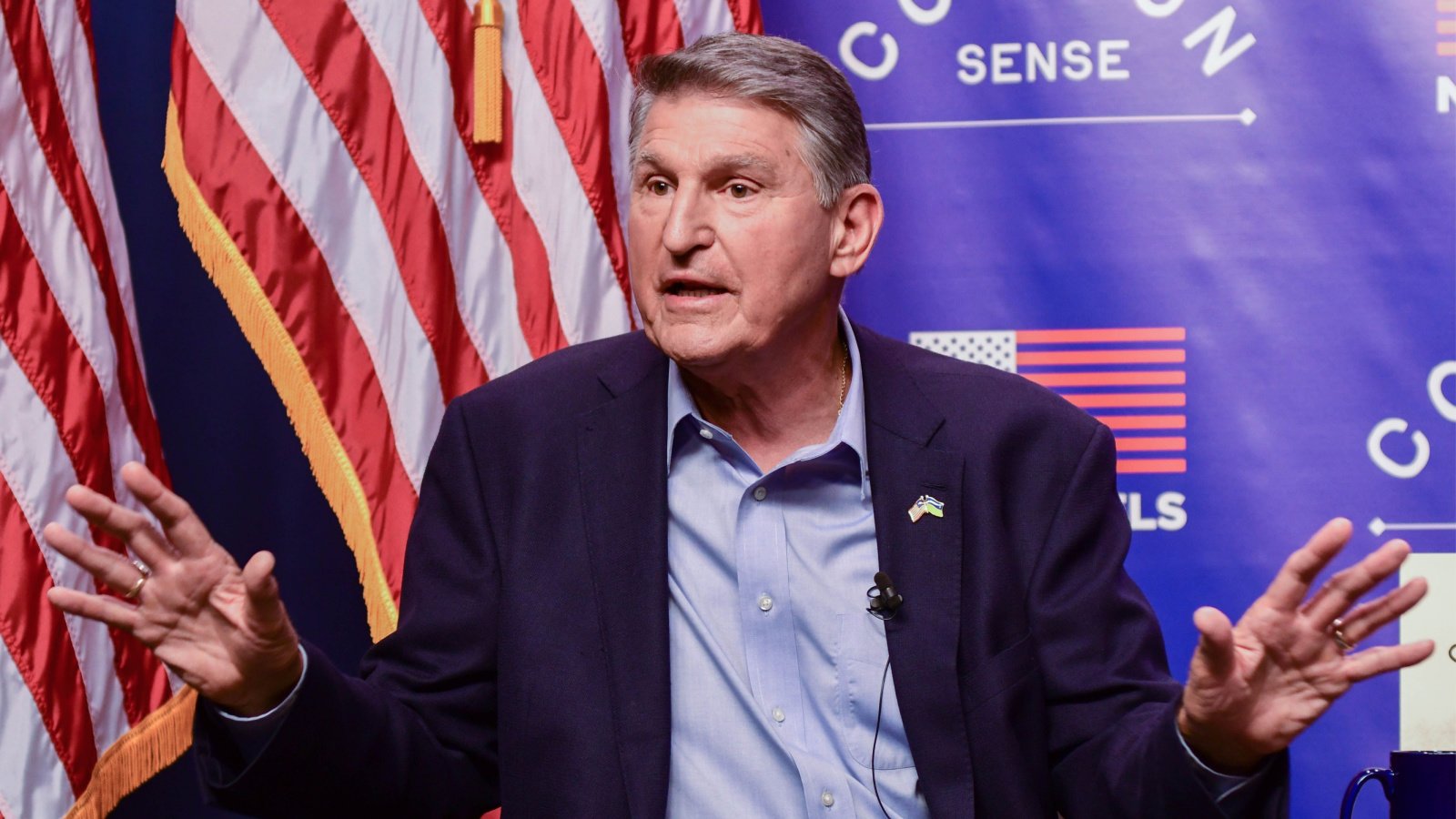
The intent of Manchin’s CRA resolution is to align policy with the bipartisan agreed-upon reform forged by Congress and President Biden.
Nature of the Rule Change

The proposed rule initiated by the Biden Administration would purportedly streamline categorical exclusions, speeding up decisions in the permitting process by bypassing environmental review. The rule would also allow joint categorical exclusions across agencies.
Opposition to Trump-Era Policies

Additionally, the new Biden rule unravels a Trump Administration regulation that allows more extensive public participation in the permitting process.
Manchin’s Legislative History

This is one of many CRAs Manchin has shepherded through Congress under his watch. Manchin successfully overturned several different energy policies that were implemented by the Biden administration.
This is surprising as the likelihood of a Democratic Senator who opposes the majority party’s president would ordinarily not be installed at the head of a major senate committee as Manchin has been. This is a testament to the influence of Manchin within his party.
Manchin’s Bipartisan Efforts

In addition to opposing various Biden energy policies, Manchin also collaborates with Republicans in the Senate to hold back proposals in other jurisdictions including Endangered Species Act rule as well as new labor rules.
Presidential Response

Although Congress can debate and vote to overturn agencies’ rules to send a message to the Administration, all of the efforts thus far during the Biden Administration have been ineffective as they were ultimately vetoed by President Biden.
Manchin’s Political Future

Manchin, who has long been a wildcard among the Democratic caucus, has announced his retirement. Even in his lame duck period, however, he has continued to be a thorn in the side of his Democratic colleagues as he often aligns more politically with his Republican colleagues than he does with his own party. This is especially true on issues related to the environment and energy.
Impact on the Permitting Process
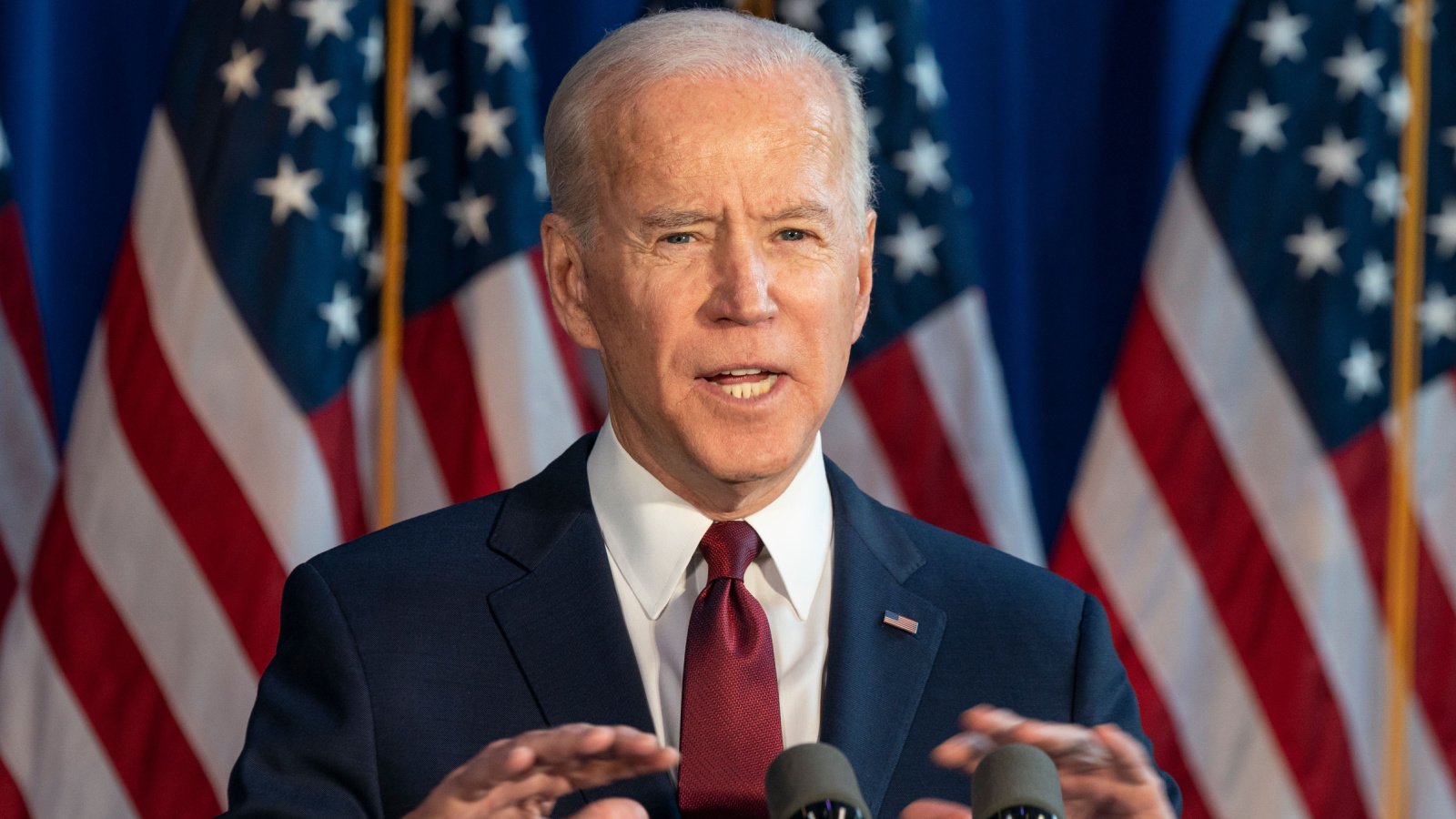
Supporters of the Biden Administration rule are in favor of a more streamlined permitting process, allowing for development and reducing delays. Detractors however, claim that the effect of the rule will be to greenlight pet green projects without similar considerations given to projects involving public works and fossil fuels.
Environmental Concerns

Even the editorial board of the Wall Street Journal joined in Manchin’s criticisms, stating, “The rule creates a pocket veto for fossil fuels and public works while rubber-stamping green projects. Permitting reform for we, but not thee.” Manchin points out that the rule will increase the likelihood of litigation and public backlash.
Stakeholder Reactions

While the CRA is unlikely to be successful, the fact that the Biden Administration rule ignores the mutually agreed-upon framework is troubling to many trying to maintain stable and sensible governance in a divided time.
Conclusion

Clearly, there are significant tensions on display within Congress and the Administration, specifically involving energy policy. Much of the country suffers from high gas prices and high development costs across the board. Leaders are frustrated when there is a lack of goodwill and follow through after laborious negotiations where concessions are offered.



